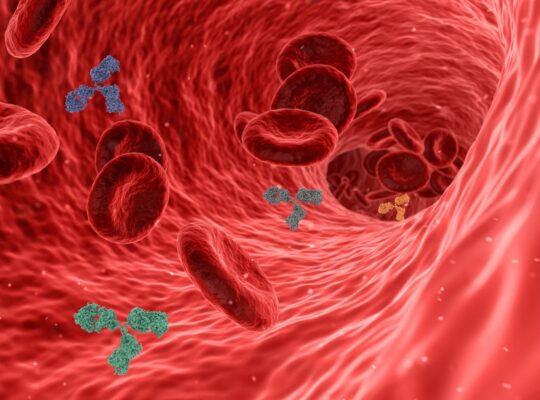
Carbohydrate counting and meal planning are essential components of diabetes management, allowing individuals to regulate their blood sugar levels effectively while maintaining a balanced and nutritious diet. Here’s a detailed exploration of these strategies:
Understanding Carbohydrate Counting:
Carbohydrate counting involves monitoring the amount of carbohydrates consumed in meals and snacks to help manage blood sugar levels. Since carbohydrates have the most significant impact on blood sugar, tracking their intake can provide valuable insights into managing diabetes. Here’s how to effectively count carbohydrates:
- Identify carbohydrate sources: Carbohydrates are found in various foods, including grains, fruits, vegetables, dairy products, legumes, and sweets. It’s important to recognize carbohydrate-containing foods and understand their portion sizes.
- Learn carbohydrate equivalents: Different foods contain varying amounts of carbohydrates per serving. Learning the carbohydrate content of common foods and portion sizes can help individuals estimate their carbohydrate intake accurately.
- Use food labels: Food labels provide information about the total carbohydrate content per serving size. Pay attention to serving sizes and the total grams of carbohydrates, including dietary fiber and sugars, listed on the label.
- Track carbohydrates: Keep a food diary or use a mobile app to track your carbohydrate intake throughout the day. Recording your meals and snacks can help you monitor your carbohydrate intake, identify trends, and make adjustments as needed.

Developing a Personalized Meal Plan:
A personalized meal plan takes into account an individual’s nutritional needs, preferences, lifestyle, and diabetes management goals. Here’s how to create a meal plan that supports diabetes management:
- Consult a registered dietitian or certified diabetes educator. Work with a healthcare professional specializing in nutrition to develop a personalized meal plan tailored to your specific needs and goals. A dietitian can provide guidance on carbohydrate counting, portion control, and meal timing.
- Plan balanced meals: Aim for balanced meals that include a mix of carbohydrates, protein, and healthy fats. Incorporate a variety of nutrient-dense foods, such as whole grains, lean proteins, fruits, vegetables, and healthy fats, to provide essential nutrients and promote satiety.
- Distribute carbohydrates evenly. Space out carbohydrate-containing foods throughout the day to help prevent blood sugar spikes and maintain stable energy levels. Consider distributing carbohydrates evenly across meals and snacks and pairing them with protein- and fiber-rich foods to slow down digestion and minimize blood sugar fluctuations.
- Adjust insulin doses as needed: Individuals who take insulin may need to adjust their insulin doses based on their carbohydrate intake. Consult with a healthcare provider or diabetes educator to learn how to calculate insulin-to-carbohydrate ratios and adjust insulin doses safely and effectively.
- Experiment and evaluate: Experiment with different meal plans, recipes, and food combinations to find what works best for you. Monitor your blood sugar levels regularly and evaluate how different meals and snacks impact your blood sugar control. Make adjustments as needed to optimize your meal plan for diabetes management.
Additional Tips for Successful Meal Planning:
- Include fiber-rich foods: Fiber-rich foods, such as whole grains, fruits, vegetables, legumes, and nuts, can help slow down the absorption of carbohydrates and promote satiety. Aim to include fiber-rich foods in each meal and snack to support digestive health and blood sugar control.
- Limit added sugars and processed foods: Minimize consumption of sugary drinks, sweets, desserts, and processed foods, which can cause rapid spikes in blood sugar levels. Choose whole, unprocessed foods whenever possible and opt for natural sweeteners, such as fruit or stevia, to satisfy your sweet cravings.
- Stay hydrated: Drink plenty of water throughout the day to stay hydrated and support overall health. Water is essential for digestion, metabolism, and regulating body temperature. Limit sugary drinks and opt for water, herbal tea, or sparkling water instead.
By incorporating carbohydrate counting and personalized meal planning into their daily routine, individuals with diabetes can effectively manage their blood sugar levels, improve their overall health, and reduce the risk of complications associated with the condition. Working closely with a healthcare professional and making informed dietary choices can empower individuals to take control of their diabetes and live well with the condition.







